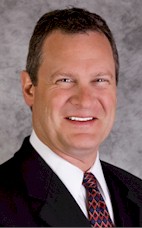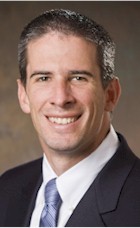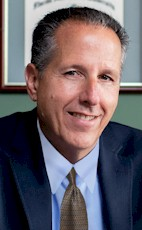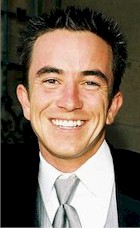
Rooms revenue optimization has taken the lion's share of revenue management focus with RevPAR being the primary benchmark to measure success. However, as revenue management practices evolve, customer buying patterns change, and operating costs rise, RevPAR alone cannot be relied upon to provide a complete picture of the hotel's operation. TrevPAR and GOPPAR are emerging as more reliable benchmarks of an operation's overall performance. In determining these benchmarks the application of revenue management principles across other profit centers such as meeting space, and food and beverage is gaining momentum, paving the way for Total Revenue Management. However management teams are finding that traditional performance targets frequently miss out on measuring profitability, and driving revenue management strategies across departments can mean a complete shift in business processes, and re-evaluation of team performance targets. Whilst challenging, aligning performance targets and creating benchmark metrics provide a good foundation on which to base a total revenue management strategy. READ MORE


 As it pertains to the hotel industry, revenue management is a complex set of strategies and tactics which are employed to generate revenue by taking advantage of available segments of occupancy. The primary strategy involves the adjusting of rates and inventory based upon room demand. Factors that typically influence these adjustments are current reservations, historical data, local market analysis and demand forecasting. Revenue management strategists also frequently collaborate with other hotel departments when designing and implementing their tactics, typically gleaning critical information from operations, marketing and financial management personnel. In traditional revenue management, discounted rate tiers are closed as occupancy increases and as occupancy increases, remaining hotel rooms are sold at higher rates. One conventional strategy that many hotels employ involves providing discounted rates to group business. By dedicating a portion of their discounted rooms to groups, it actually enables the hotel to end up with stronger average rates overall. Because the art and science of revenue management is still emerging, there are several significant issues that hotel owners and operators must continue to address; the most decisive is whether to hire a revenue management specialist in-house, or to outsource this responsibility to professional companies that are specialists in this field. The October issue of the Hotel Business Review will address these important subjects and examine how some leading hotels are maximizing their revenue management options.
As it pertains to the hotel industry, revenue management is a complex set of strategies and tactics which are employed to generate revenue by taking advantage of available segments of occupancy. The primary strategy involves the adjusting of rates and inventory based upon room demand. Factors that typically influence these adjustments are current reservations, historical data, local market analysis and demand forecasting. Revenue management strategists also frequently collaborate with other hotel departments when designing and implementing their tactics, typically gleaning critical information from operations, marketing and financial management personnel. In traditional revenue management, discounted rate tiers are closed as occupancy increases and as occupancy increases, remaining hotel rooms are sold at higher rates. One conventional strategy that many hotels employ involves providing discounted rates to group business. By dedicating a portion of their discounted rooms to groups, it actually enables the hotel to end up with stronger average rates overall. Because the art and science of revenue management is still emerging, there are several significant issues that hotel owners and operators must continue to address; the most decisive is whether to hire a revenue management specialist in-house, or to outsource this responsibility to professional companies that are specialists in this field. The October issue of the Hotel Business Review will address these important subjects and examine how some leading hotels are maximizing their revenue management options.












































